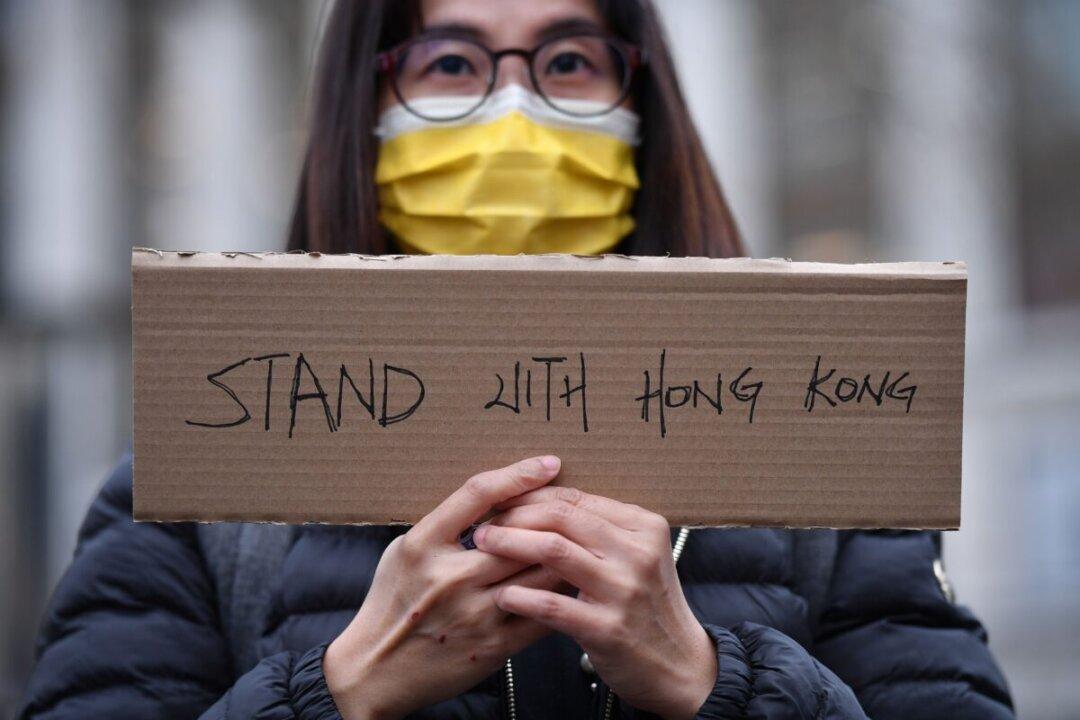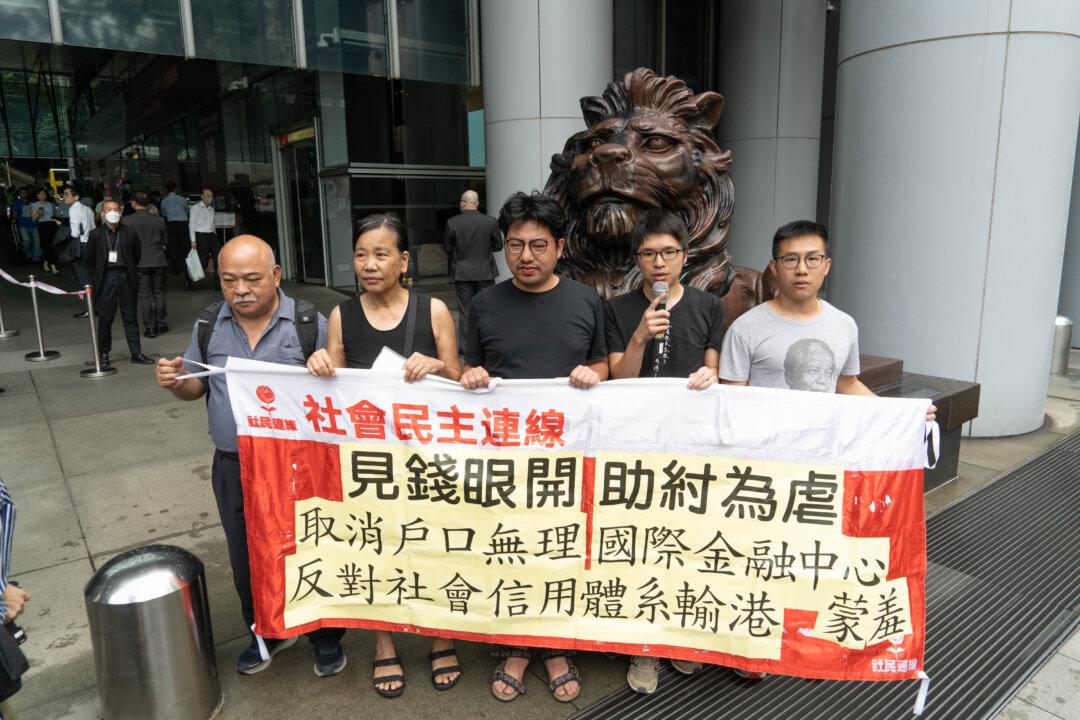Hong Kong Police Force (HKPF) representative, Tony Ho Chun-tung, responded at a press conference, to the recent kidnapping of Hongkongers by Cambodian fraudulent crime organizers. As of Aug. 22, 2022, Hong Kong Police has received 36 rescue requests thus far. The senior superintendent of Organized Crime and Triad Bureau said, ”Of the 36 cases, 32 are male and four are female. They are between 19 and 50 years old.”
Hong Kong Police suspected 22 victims are still held against their will, possibly in either Cambodia or Burma. Of the 22, police could only confirm the safety and whereabouts of 13 of them. HKPF is still trying to locate nine victims. While 11 Hong Kong scam victims have returned to Hong Kong safely, three have decided not to return to Hong Kong immediately.




